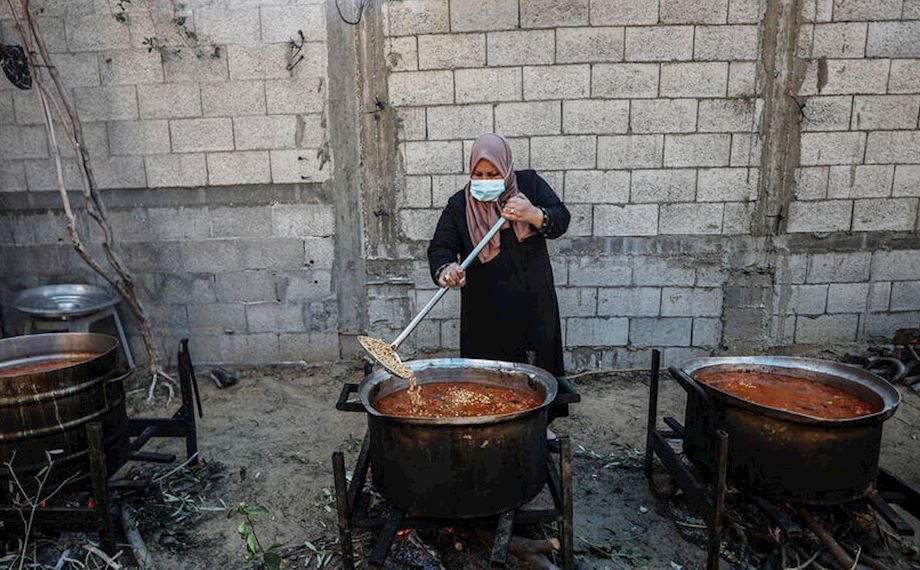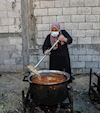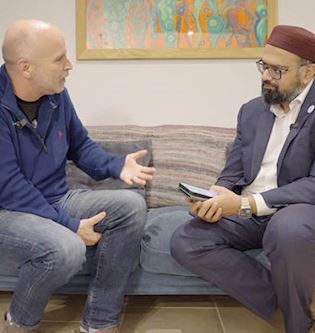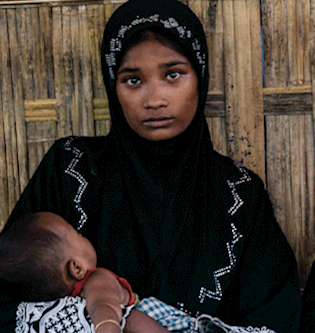Maximise the Health Benefits of Fasting in Ramadan
As one of the five pillars, fasting holds immense value in Islam. We are commanded to fast during the month of Ramadan, but it’s also highly recommended on other days like the White days of each Islamic month – the 13th, 14th and 15th - and on the Day of Ashura.
According to various ahadith, the spiritual rewards of fasting are profound and include protection from the Hellfire, increase in rank, and countless rewards. But what are the health benefits of fasting?
- Improved cardiovascular health – By reducing blood pressure, cholesterol, and inflammation, fasting can lower the risk of heart disease.
- Improved metabolism – Fasting boosts metabolism by helping the body use insulin more effectively, allowing our bodies to burn through fat for energy and improving how cells produce energy.
- Easier weight management – Through reduced calorie intake, our bodies can burn fat faster and control hunger hormones, making it easier to lose weight.
- Supported blood sugar levels – As fasting helps the body use insulin more effectively, it reduces sugar spikes and gives time for our blood sugars to lower naturally.
- Improved gut health – By abstaining from food for an entire day, our digestive systems are given a break, giving our bodies time to reduce inflammation, balance gut bacteria levels and, in turn, repair the gut lining for better digestion.
In this article, we’ll discuss the ways you can maximise these benefits and get the most out of fasting!

1. Choose the right fasting routine
One of the most well-known perks of fasting is its effect on weight management. When we stop eating, our bodies shift from relying on food for energy to stored fat instead.
A good way to make the most of this is by incorporating fasting into your life more often. Rather than only fasting in the month of Ramadan, why not try fasting throughout the year? Not only will this boost your health, but it’ll also make those 30 days in Ramadan much easier!
The Prophet (saw) said:
‘The deeds are presented on Monday and Thursday. Thus, I love for my deeds to be presented while I am fasting.’ [Tirmidhi]
By following the Sunnah of our beloved Prophet (saw), we can incorporate fasting into our weekly routines. Or, if you’d prefer, there’s also the less intense option of fasting on the three white days of every month.
The Prophet (saw) said:
‘Observing Sawm (fasting) on three days of every month is equivalent to a full month’s fasting.’ [Al-Bukhari and Muslim]
Thus, by incorporating more fasting days into your routine, you’ll experience the long-term benefits while also building self-discipline.
But fasting isn’t just about going hours without food, it’s also about what you fuel your body with when you’re not fasting, which leads us on to our next point!
2. Stay hydrated during fasting and make sure you have a healthy sahur
It might be tempting to stay wrapped up in your duvet until Fajr, but waking up for sahur is very beneficial.
The Prophet (saw) said, ‘Take sahur, for in sahur there is blessing.’ [Bukhari]
A nutritious meal and plenty of water before your fast can help prevent you from falling prey to fatigue and dehydration throughout the day.
You can also include Sunnah foods in your sahur meal to double up on the blessings. By following the example of the Prophet (saw) and including foods like pomegranates, figs and honey, you will be reviving a Sunnah whilst setting your body up for the day with natural sugars, fibre and essential minerals. You can learn about more Sunnah foods to eat during Ramadan here.
You can do the same with drinks by adding black seeds into your water or herbal teas to enhance digestion and overall health.
‘It is reported by Khalid bin Sa`d that Aisha (ra) said she heard the Prophet (saw) saying, “This black cumin is healing for all diseases except As-Sam.” Aisha (ra) said, “What is As-Sam?” He (saw) said, “Death."’ [Bukhari]
For us, incorporating nutritious elements into our sahur meals is thankfully quite easy – all it takes is a few minutes of rummaging around our cupboards and fridges. For many around the world, however, this isn’t the case. Over 800 million people still suffer the effects of hunger, globally. During Ramadan, countless families skip sahur out of necessity, forced to make impossible choices about how many times they can afford to eat throughout the week.
By donating a family food pack, you can ensure a family facing hunger can still enjoy a sahur and iftar filled with the essential nutrients and calories they need every single day of Ramadan.
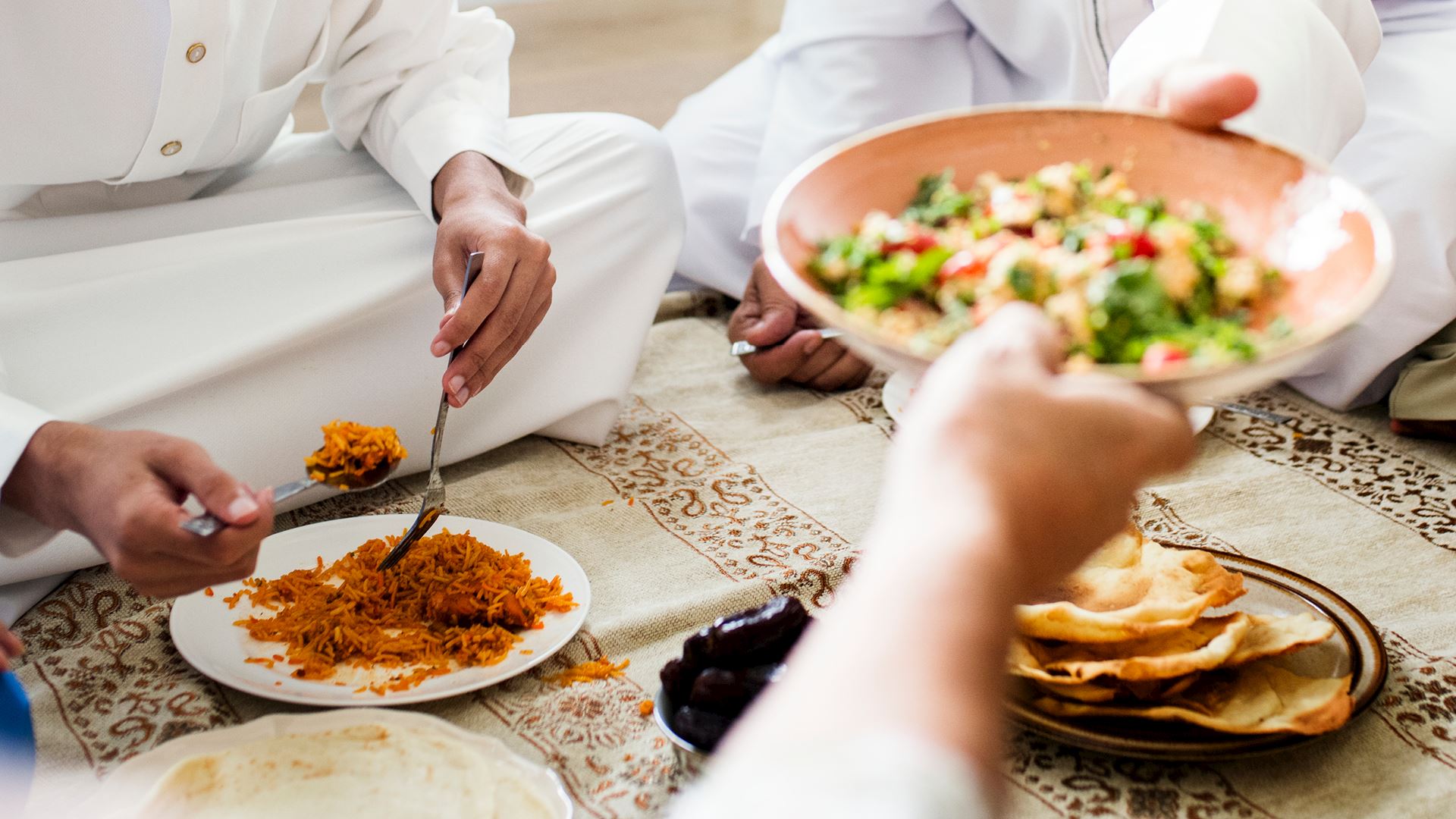
3. Enjoy a nutritious iftar meal
Starting off your day in the right way is key, but ending your day similarly is also important.
To make the most of the benefits you’ve built up throughout the day, focus on a balanced nutritious iftar meal.
The Prophet (saw) broke his fast with water and dates - a food that is scientifically proven to stabilise blood sugar levels. The natural sugars and fibre in dates prevent energy crashes, making them the perfect way to ease back into eating.
Follow this up with a well-balanced meal that includes lean protein, healthy fats, and fibre. This way, you’ll avoid the dreaded sugar highs and keep your energy levels steady. For Sunnah recipe ideas click here.
According to the Sunnah, it’s also advised not to delay iftar [Ibn Ḥibbān], so end your fast timely and with good quality food! It is a heartbreaking reality that for many around the world, this is not a choice they have the luxury of making. For millions of families, going a day without food isn’t unique to Ramadan – it’s a daily reality.
But with the generosity of our donors, this is something we are challenging. Over the last year, we have delivered 6,121,398 hot cooked iftar meals to vulnerable families. These meals are carefully prepared to include essentials such as dates, oil, flour and sugar, as well as staple foods according to each location’s specific diet.
Help us on our mission and feed a family this Ramadan.
4. Remember the importance of portion control
Though diet is key, it’s not just about what you eat but also how much you’re consuming when you’re not fasting.
The Prophet (saw) said, ‘The son of Adam as does not fill any vessel worse than his stomach.’ [Ibn Majah]
Here, the Prophet (saw) emphasises the importance of moderation when it comes to eating – and for good reason.
When you’ve made it through an entire day after fasting, it’s tempting to prepare a feast to satiate your hunger pangs leading up to iftar - but in reality, you don’t need as much as you think.
Ever heard people say, ‘Don’t go shopping when you’re hungry because you’ll buy things you don’t need’? It’s the same principle; after a long day of fasting, it’s easy to fall into the trap of thinking that you need a mountain of food to make up for the long hours without it, but in truth, a moderate portion will do the trick.
So, when it comes to iftar time, avoid overeating and eating too quickly as, without even noticing, you can easily negate the hard-earned health benefits of Ramadan fasting.
In short, remember to eat slowly, and pay attention to how you’re feeling. You’ll be surprised at how little you need to feel satisfied.
5. Get enough sleep!
Prioritising sleep is essential to stay energised throughout the day and feel the benefits from fasting – both physical and spiritual.
The Prophet (saw) often took a qaylulah (nap) to conserve energy, which can leave you feeling more refreshed and focused.
Sahl bin Sa‘d stated:
‘We used to offer the Friday prayer with the Prophet and then take the afternoon nap.’ [Bukhari]
With more energy, you will have an easier time engaging in dhikr, Qur’an recitation, and prayer, making the most of the spiritual rewards of fasting too.

6. Engage in moderate physical activity
It might seem tempting to skip physical activities while fasting, but light movements like walking, stretching or pilates can actually improve your circulation and enhance your overall wellbeing.
The Prophet (saw) encouraged staying active. Even whilst fasting, it can help you maximise the physical benefits. Just be mindful though – intense workouts whilst fasting can lead to dehydration, so it’s recommended to avoid these.
The best times for physical activities are when you’re feeling energised - like before sahur or after Iftar. That way, you’ll get the benefits without overtaxing your body.
So, in summary, the best ways to maximise the health benefits from fasting, are to:
- Fast regularly
- Have a nutritious sahur meal
- Eat in moderation
- Have a balanced iftar meal
- Prioritise sleep
- Engage in light exercise
By incorporating these practises into your routine, along with following the Sunnah, you can boost your health and make the most out of your fast.







